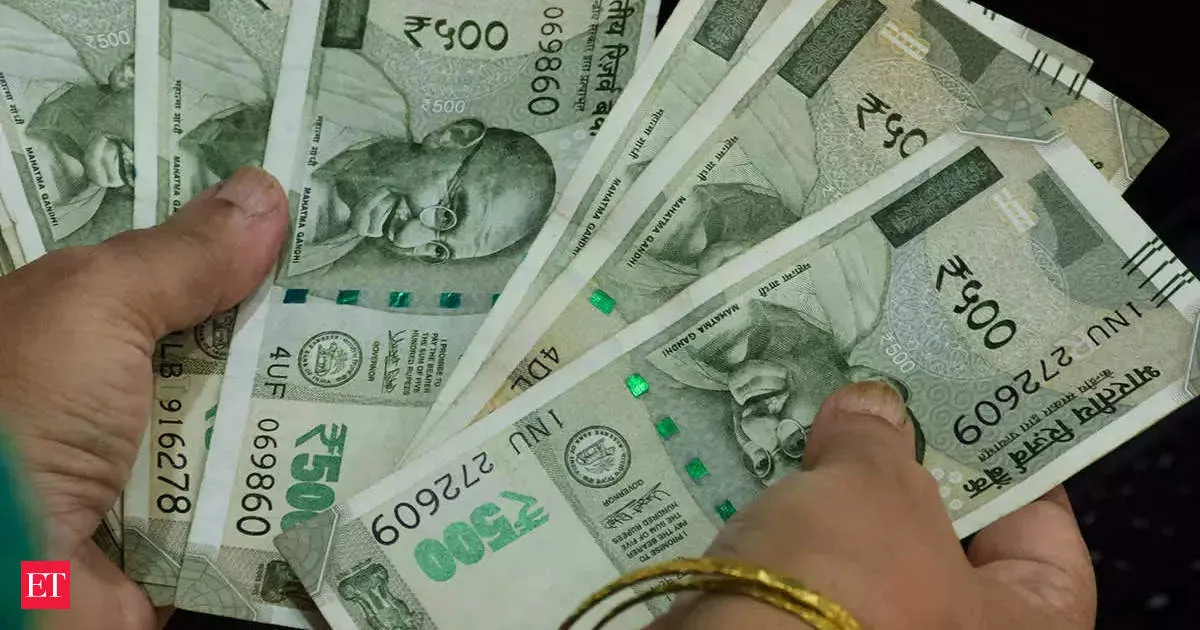India Minimum Wage Increase: Impact of Foreign Monetary Policy on Indian Trade

Understanding the India Minimum Wage Increase
In light of escalating costs, the Indian government announced an increase in minimum wage rates for workers up to Rs 1,035 a day, effective from October 1, 2023. This adjustment addresses the needs of labourers amid rising living costs and follows a 2.40-point increase in the consumer price index (CPI) for industrial workers.
New Minimum Wage Rates
- Unskilled Workers: Rs 783/day (Rs 20,358/month)
- Semi-Skilled Workers: Rs 868/day (Rs 22,568/month)
- Skilled Workers: Rs 954/day (Rs 24,804/month)
- Highly Skilled Workers: Rs 1,035/day (Rs 26,910/month)
The government revises these wages biannually based on inflation trends. Recent protests by thousands of workers underline the urgency for fair pay and the call for repeal of several labour codes perceived as beneficial to multinational corporations.
Broader Implications for Indian Trade
These adjustments reflect a broader response to the impacts of foreign monetary policy on Indian trade. Ensuring fair wages is crucial in maintaining a productive workforce in a fluctuating economy.
Disclaimer: The information provided on this site is for informational purposes only and is not intended as medical advice. We are not responsible for any actions taken based on the content of this site. Always consult a qualified healthcare provider for medical advice, diagnosis, and treatment. We source our news from reputable sources and provide links to the original articles. We do not endorse or assume responsibility for the accuracy of the information contained in external sources.
This article was prepared using information from open sources in accordance with the principles of Ethical Policy. The editorial team is not responsible for absolute accuracy, as it relies on data from the sources referenced.